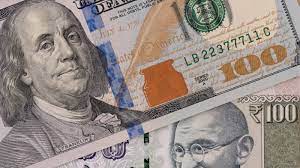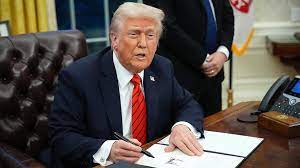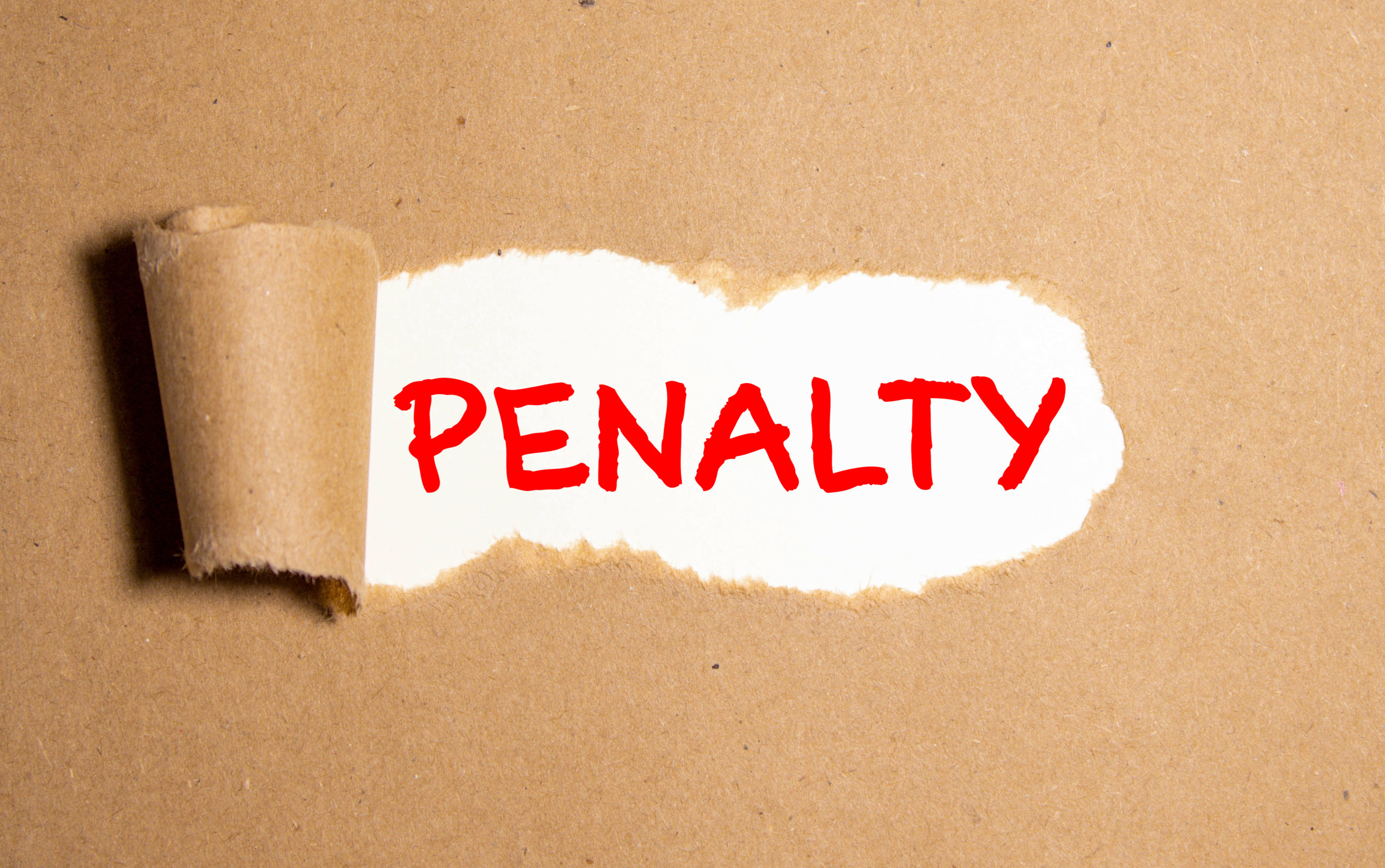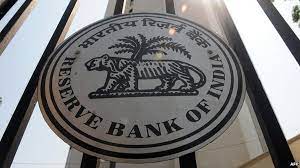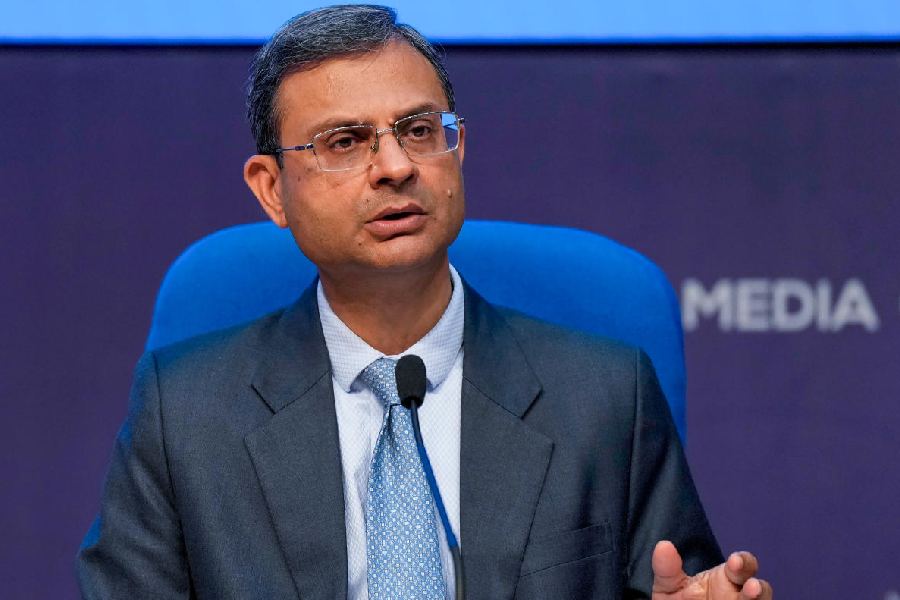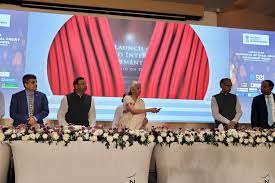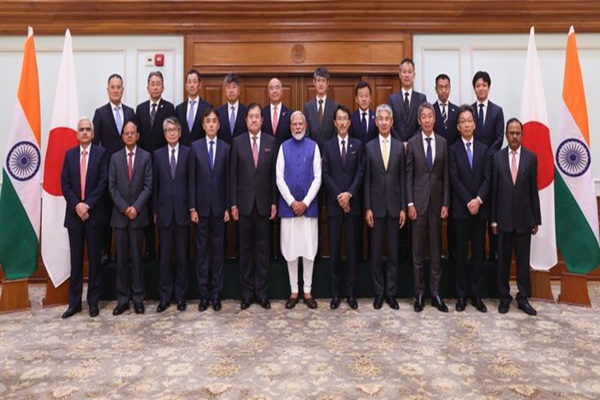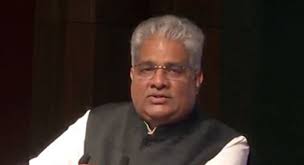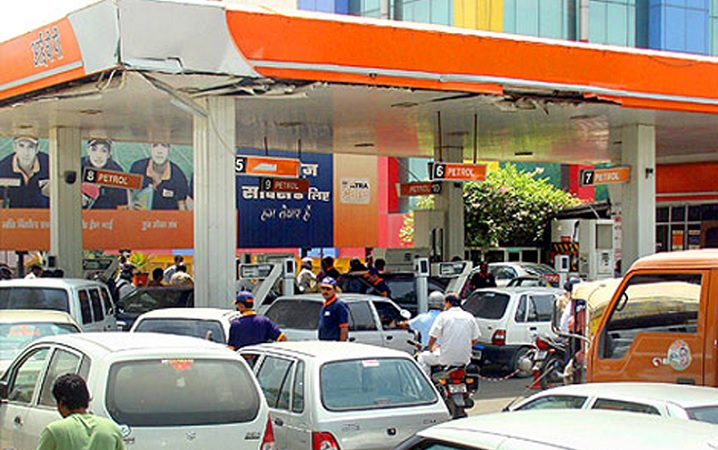Restaurant in Hyderabad fined for forcing customer to pay service charges
Tue 24 May 2022, 00:00:51

A consumer forum in Hyderabad has directed AnTeRa Kitchen and Bar, an upscale restaurant in Jubilee Hills, to stop levying service charges on customers and leave it optional. Passing its order on a complaint filed by a customer who visited the restaurant back in August 2021 and was forced to pay service charges, the District Consumer Disputes Redressal Commission – I, Hyderabad, asked the restaurant to refund the service charges paid by the customer, and also pay a fine of Rs 3,000. The court cited the guidelines on levying of service charges by restaurants and hotels issued by the Union Ministry of Consumer Affairs, Food and Public Distribution in April 2017, which say that charging additional service charges to a customer beyond the price of the products without express consent from the customer amounts to unfair trade practice.
The complainant, a Hyderabad-based advocate named Rajashekar Kanaganti, had filed a complaint against AnTeRa Kitchen and Bar, Jubilee Hills, under Section 35 of the Consumer Protection Act, 2019 alleging deficiency in service and adoption of unfair trade practices. According to his complaint, he visited the restaurant on August 27, 2021, for dinner with his friends, and the bill amounted to Rs 3,543 including a service charge of Rs 164.95, or 5% of the remaining bill amount. When he asked the steward to remove the service charge component from the bill and let him give a tip as per his satisfaction, the steward said he wasn’t given any such instructions by his employers about such an option, and that any complaint about this could cost him his job.
Although Rajashekar refused to pay this amount and his friends showed the manager information about service charge guidelines from a Union government website, they were forced to pay the service charge, the complaint said. He then served a legal notice in September to which the restaurant didn’t respond, after which he filed a complaint with the District Consumer Disputes Redressal Commission, accusing the restaurant of illegally pocketing service charges.
The Commission in its order said that the restaurant had indeed committed unfair trade practice against the complainant and there was a deficiency of service. It noted that from the invoice provided by
Rajashekar, it was clear that apart from 2.5% CGST and 2.5% SGST, a 5% service charge amounting to Rs 164.95 was levied on the bill amount of Rs 3299. It referred to the April 2017 guidelines issued by the Union government which said that payment of service charge is optional and depends entirely on the discretion of consumers.
Rajashekar, it was clear that apart from 2.5% CGST and 2.5% SGST, a 5% service charge amounting to Rs 164.95 was levied on the bill amount of Rs 3299. It referred to the April 2017 guidelines issued by the Union government which said that payment of service charge is optional and depends entirely on the discretion of consumers.
The guidelines state that “a component of service is inherent in provision of food and beverages ordered by a customer,” and the pricing of the product therefore is expected to cover both the goods and service components. It says that when a customer places an order, it amounts to their agreement to pay the prices displayed on the menu card along with the applicable taxes, charging for anything other than these without the customer’s express would amount to unfair trade practice as defined under the Consumer Protection Act, 1986.
The guidelines also say that any tip or gratuity paid by the customer is towards hospitality received beyond the basic minimum service already contracted between them and the hotel management. “It is a separate transaction between the customer and the staff of the hotel or restaurant, which is entered into, at the customer’s discretion,” the guidelines say.
Only after completing their meal, the customer is in a position to assess the quality of service, and decide whether to pay a tip and how much, the Consumer Affairs Ministry guidelines say. They add that a restaurant therefore cannot assume that entry of a customer to the restaurant amounts to consent to pay a fixed amount of service charge. Instead, the bill “may clearly display that service charge is voluntary, and the service charge column of the bill may be left blank for the customer to fill up before making payment,” the guidelines say.
The Commission said that in view of these guidelines, the restaurant should not have forced Rajashekar to pay the service charge. It directed AnTeRa to refrain from levying service charges from customers in the future and make it optional instead, and to refund the amount of Rs 164.95 collected as service charge to the complainant, along with Rs 2,000 towards mental agony suffered and Rs 1,000 towards the expenses for sending a legal notice to the restaurant.
No Comments For This Post, Be first to write a Comment.
Most viewed from Business
AIMIM News
Delhi Assembly polls: Owaisi leads Padyatra in Okhla
Feb 01, 2025
We reject this Waqf Amendment Bill: Asaduddin Owaisi
Jan 30, 2025
Latest Urdu News
Most Viewed
May 26, 2020
Which team will win the ICC Men's Champions Trophy 2025 held in Pakistan/Dubai?
Latest Videos View All
Like Us
Home
About Us
Advertise With Us
All Polls
Epaper Archives
Privacy Policy
Contact Us
Download Etemaad App
© 2025 Etemaad Daily News, All Rights Reserved.

